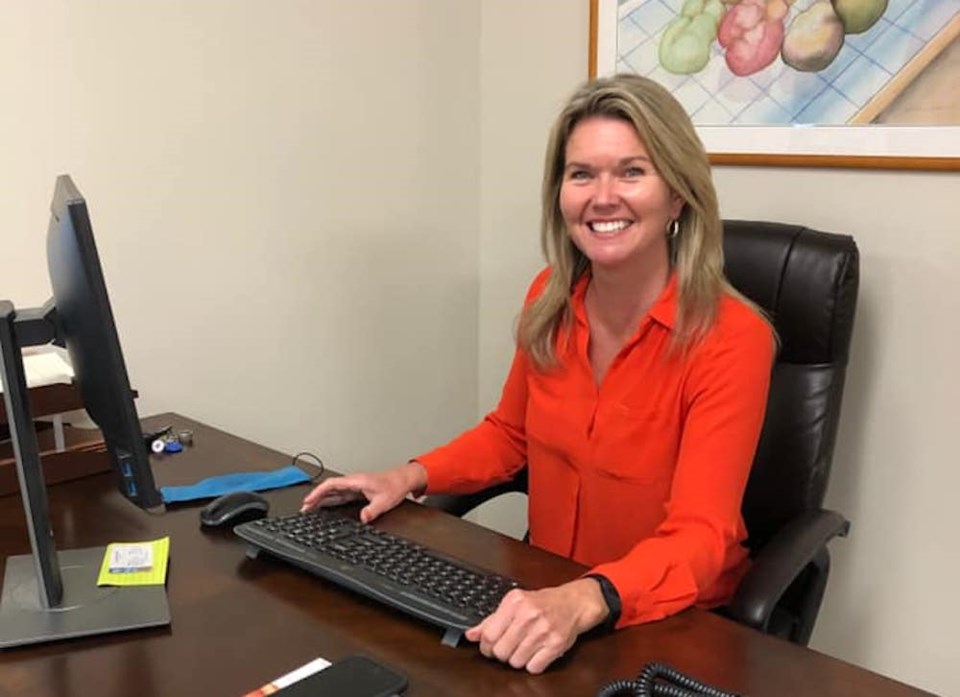At the beginning of March, Simcoe North MPP Jill Dunlop proudly watched her government unveil its anti-human trafficking strategy.
As associate minister of children and women’s issues, she was preparing for media interviews about the plan.
“Everything shut down the next day,” she recalled.
For a few months, it was all about the COVID-19 pandemic.
“It seems so long ago,” she said of learning of the first positive case being confirmed in Ontario.
When the seriousness of the situation became clear, the government’s priority was to be “open and transparent” with the public, Dunlop said. That’s why Premier Doug Ford and his ministers held daily news conferences with public health officials at their side.
In her role as associate minister, Dunlop turned her focus to how the pandemic would affect women and children facing violence and living in shelters. The minister of heritage, sport, tourism and culture industries worked with hotel and motel operators to help house people temporarily.
“They really stepped up,” Dunlop said. “The government and private sector stepped up to support each other.”
As the months went on, the province was able to hit some high points, she said, including the announcement of a reform of the child welfare system.
In Simcoe North, she added, “we saw some great investments in our municipalities.”
She pointed to the Safe Restart program as an example. It provided municipalities with funding to help offset costs associated with the pandemic.
Ontario Trillium Foundation grants also continued to roll out.
“Grants like that are so important for local services to keep their doors open,” she said.
The only “low point” that came to mind for Dunlop, other than the pandemic itself, was the devastating effect the virus had, and continues to have, on residents and staff at long-term care homes. The vast majority of deaths related to the coronavirus have occurred in those homes.
“That has been extremely difficult across the province,” she said.
Prior to the pandemic, the government had committed to creating tens of thousands of new beds for those homes.
“It was important before,” Dunlop said, adding it is even more important now. “We need to continue to ensure the homes people are in are safe.”
She gave her government and its leader a passing grade for how they have dealt with the pandemic.
“The pandemic never came with a guidebook,” she said. “People really got to see the passion in our premier and how dedicated he was, and still is, to keeping people safe. We reacted quickly and continue to do so.”
Dunlop is looking to 2021 with a combined sense of hope and caution.
With vaccines being rolled out, there is “light at the end of the COVID tunnel,” she said, but added, “We have to concentrate on following public health measures.”
“I’m really hopeful that, with the measures we’re taking right now, we’re able to open up again and things start to return to normal,” she said.
The pandemic has taken a toll on the economy and on the mental health of many Ontarians. Support for them “is something that we’re going to need to continue” in the new year, Dunlop said.
Asked whether she expected funding or service cuts to make up for the additional spending once the pandemic has run its course, she said, “It’s hard to say right now.”
